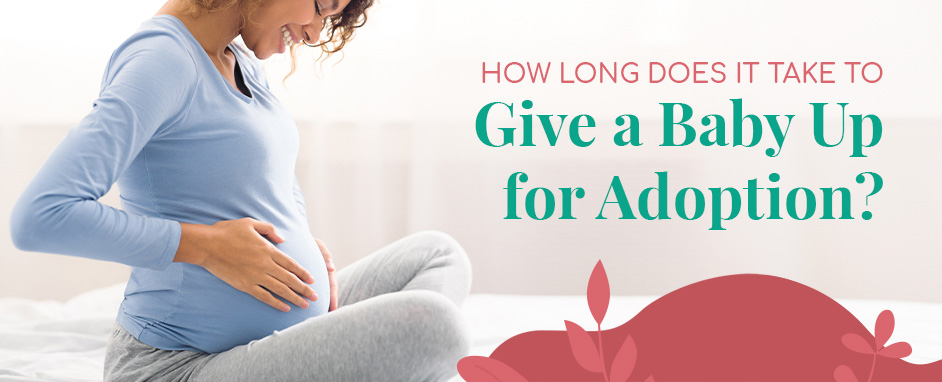February 06, 2019
On Navigating Adoption and Mental Health
Everyone has the potential to develop a mental illness, because mental illness has multiple contributing factors. Environmental situations, chemical makeup, nutrition, and family relationships can cause diagnosable and treatable mental illnesses in kids born and raised in any family. Adopted children, though, are more than twice as likely as kids raised by their biological parents to develop and be diagnosed with mental illness.
Why are mental illnesses more prevalent in adopted children? There are so many contributing factors — from pregnancy stress to childhood trauma, PTSD, abuse, and attachment challenges. The conditions of a child’s life prior to their adoption should always be taken into consideration, and while not all adopted children experience childhood trauma, they are a higher-risk population.
Adopted children are more likely to develop attachment, abandonment, and self-identity issues, which can come from a fear or history of not having a stable family environment. These issues could present themselves in several forms; one of the most common being depression. Depression has more than one face — you may see that your child has started to act out at school or has trouble forming relationships with other classmates. Early intervention is always recommended, so if you witness your child exhibiting these symptoms or behaviors — seek a professional’s help immediately.
Of course it’s never an absolute that an adopted child will develop mental health issues, but they are a vulnerable population. With the support of family, friends, and professionals, an adolescent can learn to be engaged in their own mental health. By being held accountable for behaviors, they can learn to modify their behavior and set themselves on a path to a healthy and successful future. The adoption process will always be work, but the children are always worth it.


